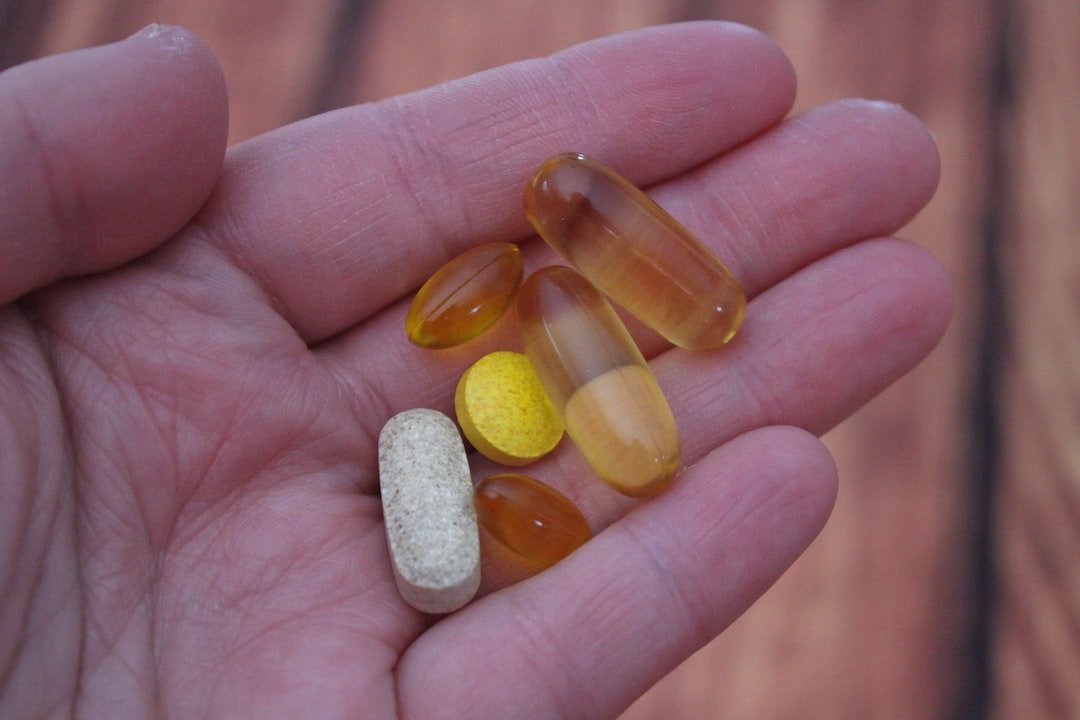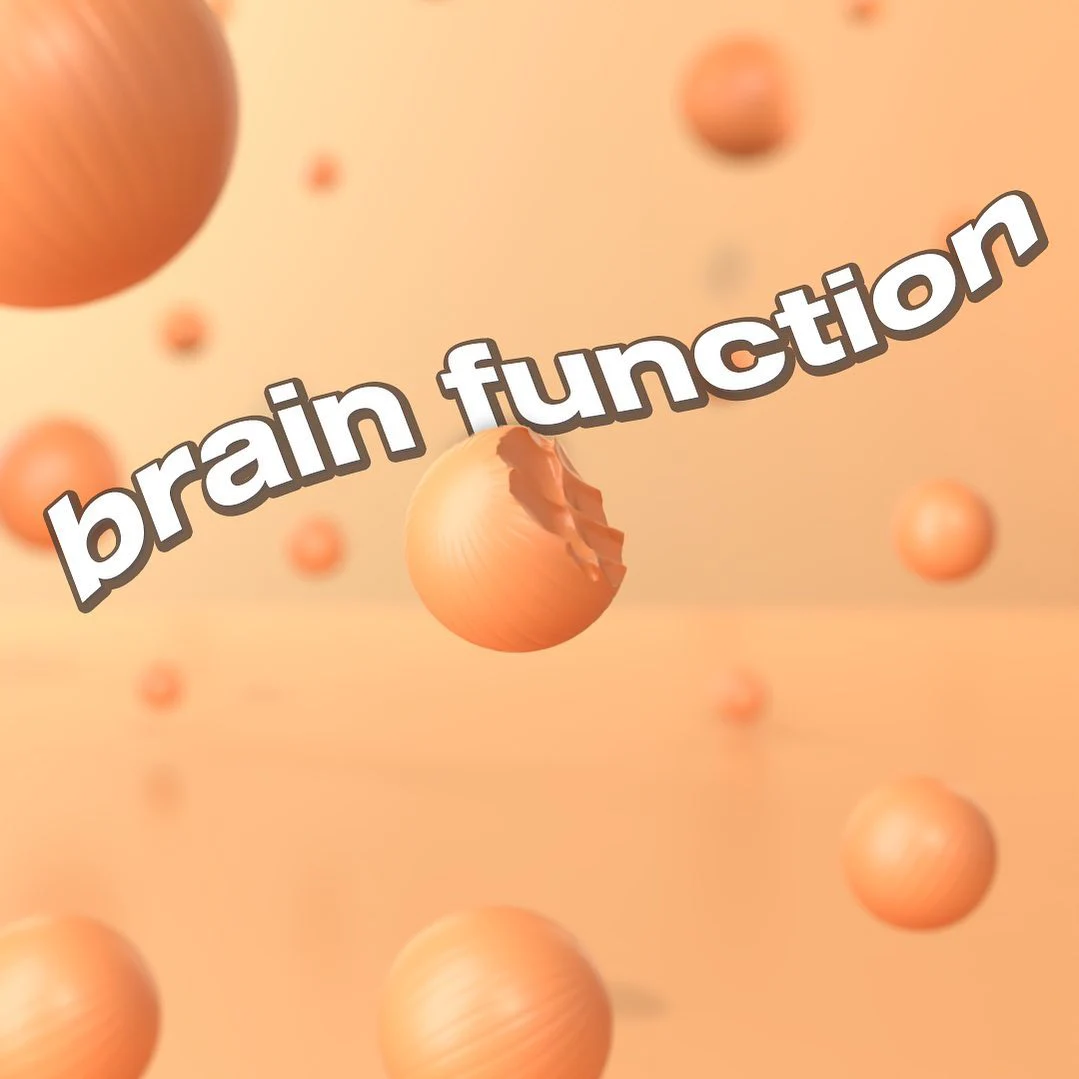🧡 Pre-Order now 🧡

L-theanine is an amino acid most commonly found in green tea. Unlike other amino acids, L-theanine is not used to build proteins. Instead, it acts as a neurotransmitter, influencing the activity of brain chemicals like dopamine and serotonin. This makes L-theanine a potentially valuable tool for treating conditions like anxiety and depression. Some research suggests that L-theanine may also help treat ADHD by reducing impulsivity and improving focus. However, more research is needed to confirm these effects.

L-theanine has been shown to have some potentially positive effects on attention and focus, which has led to its use as a supplement for people with ADHD. While there is no cure for ADHD, supplements like l-theanine can help manage symptoms and improve quality of life. L-theanine may help by increasing levels of certain neurotransmitters in the brain, including dopamine and gamma-aminobutyric acid (GABA). It also reduces anxiety and promotes relaxation without causing drowsiness.
A recent study found that L-theanine may help improve symptoms of ADHD. This study suggests that theanine may help improve attention and focus in people with ADHD. Theanine has been shown to increase alpha brain waves, which are associated with relaxation and concentration. Theanine also increases dopamine levels in the brain, which may improve attention and focus.


There is some evidence to suggest that theanine, can help to improve focus and attention in people with ADHD. One small study found that children with ADHD who took 200 mg of theanine per day for eight weeks showed improvements in measures of attention and hyperactivity compared to those who did not take the supplement.
Theanine is thought to work by increasing levels of alpha waves in the brain. Alpha waves are associated with a state of relaxation and focus. Theanine may also increase levels of dopamine and serotonin, which are neurotransmitters that play a role in mood and cognition.
While more research is needed to confirm the efficacy of theanine for treating ADHD, it appears to be safe and well-tolerated. If you are considering using theanine or any other complementary or alternative treatment for ADHD, be sure to speak with your healthcare provider first.
One of the most well-known effects of L-theanine is its ability to reduce stress and anxiety. This is due to the fact that L-theanine increases levels of GABA, a neurotransmitter that plays a key role in regulating mood and anxiety. In addition to reducing stress, L-theanine has also been shown to improve focus and attention. This effect is thought to be related to the fact that L-theanine increases levels of dopamine and serotonin, two other neurotransmitters that are involved in regulating mood and cognition.
Recent studies have also shown that L-theanine can help improve symptoms of ADHD. One study found that children with ADHD who took L-theanine experienced significantly improved symptoms, including reduced hyperactivity and impulsivity. Another study found that adults with ADHD who took L-theanine had increased brain activity in areas associated with attention and focus. These findings suggest that L-theanine may be a helpful natural treatment for ADHD.
Cortisol is a hormone that is released in response to stress. It has been linked to problems with focus and attention. When cortisol levels are high, it can be difficult to concentrate on tasks. This may explain why people with ADHD often have difficulty managing stress. Theanine is an amino acid that can help to reduce cortisol levels. Studies have shown that theanine can improve attention and focus in people with ADHD.

L-theanine has been shown to help improve symptoms of ADHD by reducing stress and anxiety. L-theanine works by increasing levels of the neurotransmitter GABA, which helps to calm the nervous system.
L-theanine may help improve other mental health conditions such as anxiety and depression. In one study, people with major depressive disorder who were given L-theanine showed significant improvement in symptoms compared to those who were not given the supplement.
If you or someone you know suffers from ADHD or another mental health condition, talk to your doctor about whether L-theanine may be right for you.
It's important to talk to a doctor before taking any supplements, especially if you have a medical condition or are taking other medications. Theanine is a supplement that has been claimed to help with conditions like ADHD, but you should always consult with your doctor before you switch things up. If you're considering taking theanine for ADHD, speak with your doctor first to see if it's right for you.

Theanine supplements are not a substitute for medical treatment and should not be used in place of medications prescribed by a doctor. If you are considering taking theanine for your ADHD, speak to your doctor first to see if it is right for you.
There are a lot of different opinions out there about the benefits of taking theanine for ADHD. Some people swear by it, and say that it's helped them focus and concentrate better than any other supplement or medication they've tried. Others say that it doesn't do anything for them, and that it's a waste of money. So who should you believe?
The truth is, the jury is still out on whether or not theanine is an effective treatment for ADHD. However, there is some evidence to suggest that it may be helpful for some people. If you're considering taking theanine for your ADHD, it's important to get the recommended dose from a trusted source. Taking too little or too much can lead to ineffective results, so it's important to find a reliable source of information before starting any new supplement regimen.
While the jury is still out on whether or not L-theanine can help treat ADHD, it seems that there is some potential for the amino acid to be helpful in managing symptoms. More research is needed to confirm any potential benefits, but L-theanine may be worth trying for those with ADHD who have not had success with other treatments.
